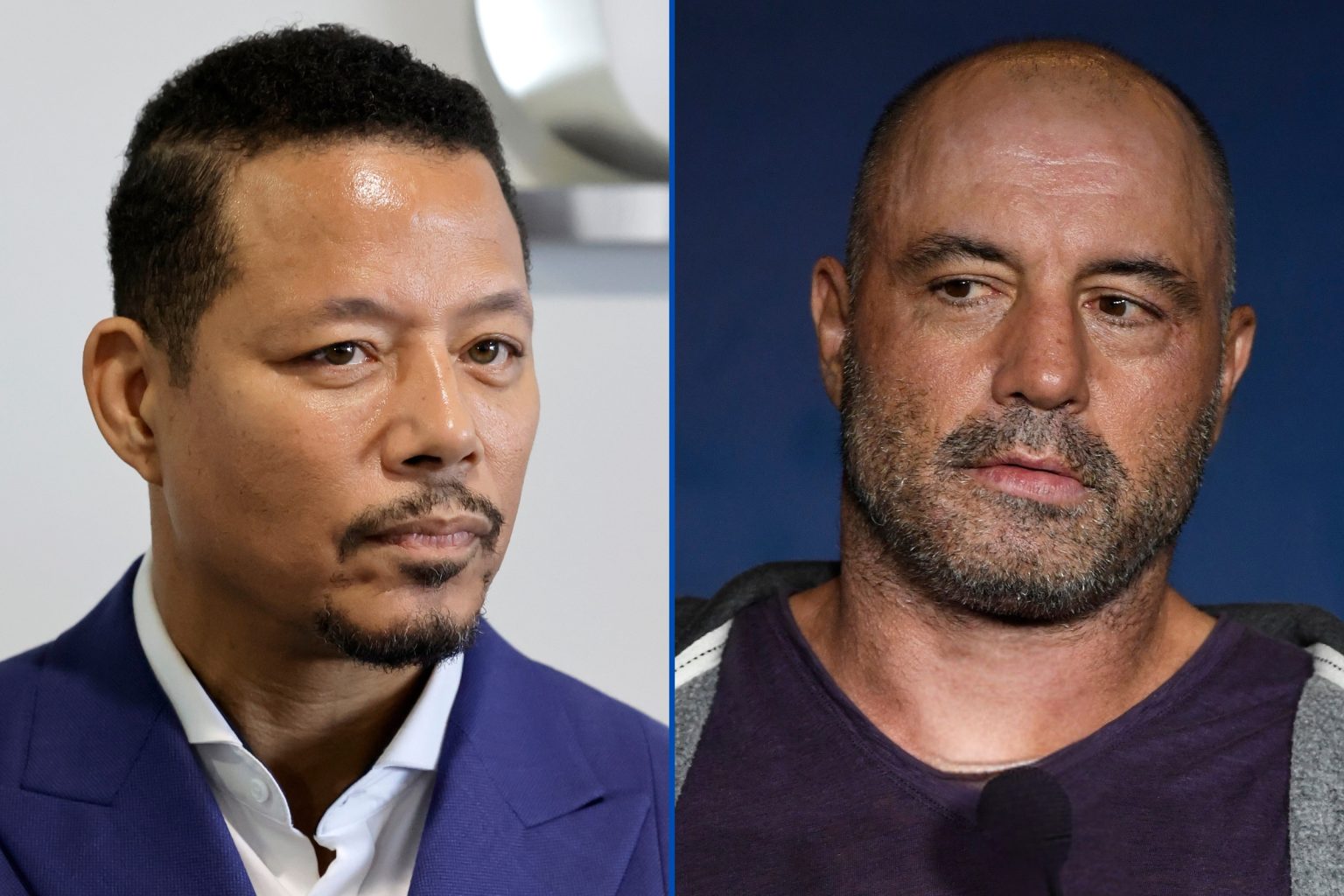Comedian Joe Rogan, host of the popular podcast The Joe Rogan Experience, recently expressed his fascination with a unique theory proposed by actor Terrence Howard regarding the existence of life on other planets. Rogan, in a conversation with computer scientist and fellow podcaster Lex Fridman, recounted Howard’s unconventional perspective, which centers on the sun’s ejection of matter and its role in the formation and eventual inhabitation of planets. According to Howard, the sun continuously expels matter that coalesces over vast stretches of time to form planets. As these planets drift further from the sun, they enter a habitable "Goldilocks zone," becoming suitable for life to emerge.
Howard’s theory, as relayed by Rogan, posits that life arises on planets as they reach this optimal distance from their star. These nascent civilizations then face the inevitable challenge of their planet’s continued outward trajectory, which eventually leads to colder, less hospitable conditions. The survival of these extraterrestrial species, Howard argues, depends on their ability to adapt and develop alternative energy sources beyond solar radiation. This leads to the proposition that the most advanced civilizations exist on the planets furthest from their stars, having successfully navigated the transition away from solar dependence.
Rogan, evidently captivated by this theory, speculated with Fridman on the possibility of past life on Mars, acknowledging the current scientific consensus suggesting the presence of water, and therefore potential bacterial life. The conversation drifted to the challenges of finding evidence of ancient life, with Rogan highlighting the complex processes of fossilization and the immense timescales involved. He pondered the likelihood of discovering remnants of life on Mars if it existed billions of years ago, concluding that such traces would likely be nonexistent. The sheer age of planets, estimated to be billions of years old, further complicated the search for ancient life, prompting Rogan to jokingly dismiss scientific estimates as "wild guesses."
The discussion between Rogan and Fridman touched on the difficulty of finding evidence of past life due to the vast timescales involved. They considered the processes of fossilization on Earth and how these processes, combined with the immense age of planets like Mars, make finding evidence of past life incredibly challenging. Even if life had existed on Mars millions or billions of years ago, it’s possible that no trace would remain today. This led Rogan to reiterate his admiration for Howard’s theory, expressing his continued fascination with the concept.
Fridman, seemingly impressed by Howard’s intellectual curiosity, expressed his discomfort with referring to Howard solely as an actor, suggesting that his theoretical musings warranted recognition as potentially valid scientific inquiry. Rogan concurred, describing Howard as a "brilliant guy" and acknowledging his self-taught nature. He emphasized the "raw horsepower" of Howard’s intellect, suggesting that despite lacking formal education in the relevant scientific fields, Howard possesses a unique and insightful perspective.
Rogan concluded by reiterating his profound interest in Howard’s theory, stating that he found it so compelling that he couldn’t stop thinking about it for days. He expressed his belief in the plausibility of the "planets peopling" concept, highlighting the intellectual stimulation it provided. While acknowledging that Howard’s theory is unconventional and challenges established scientific understanding, Rogan’s enthusiastic endorsement reflects his appreciation for innovative thinking and his willingness to entertain alternative explanations for the universe’s mysteries. This exchange on The Joe Rogan Experience provides a glimpse into the intersection of entertainment, scientific curiosity, and unconventional thinking, sparking a discussion about the possibilities of life beyond Earth and the nature of scientific inquiry itself.

